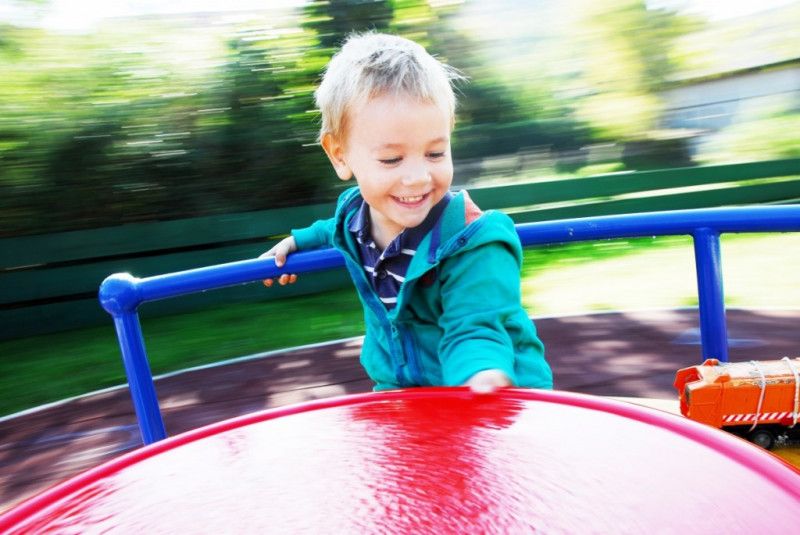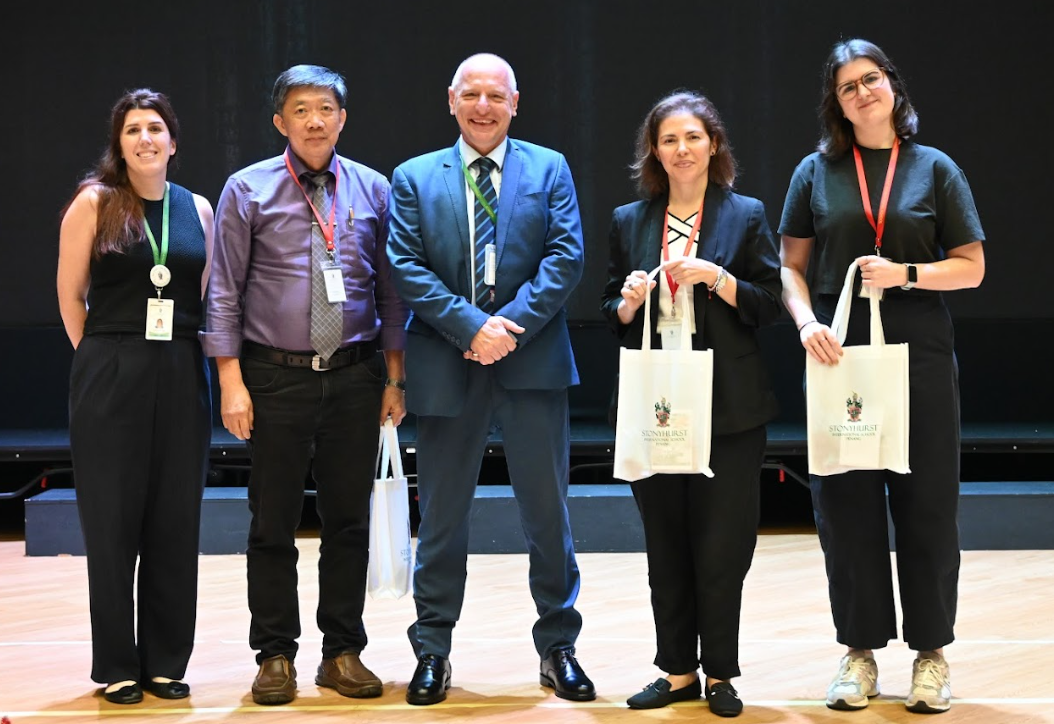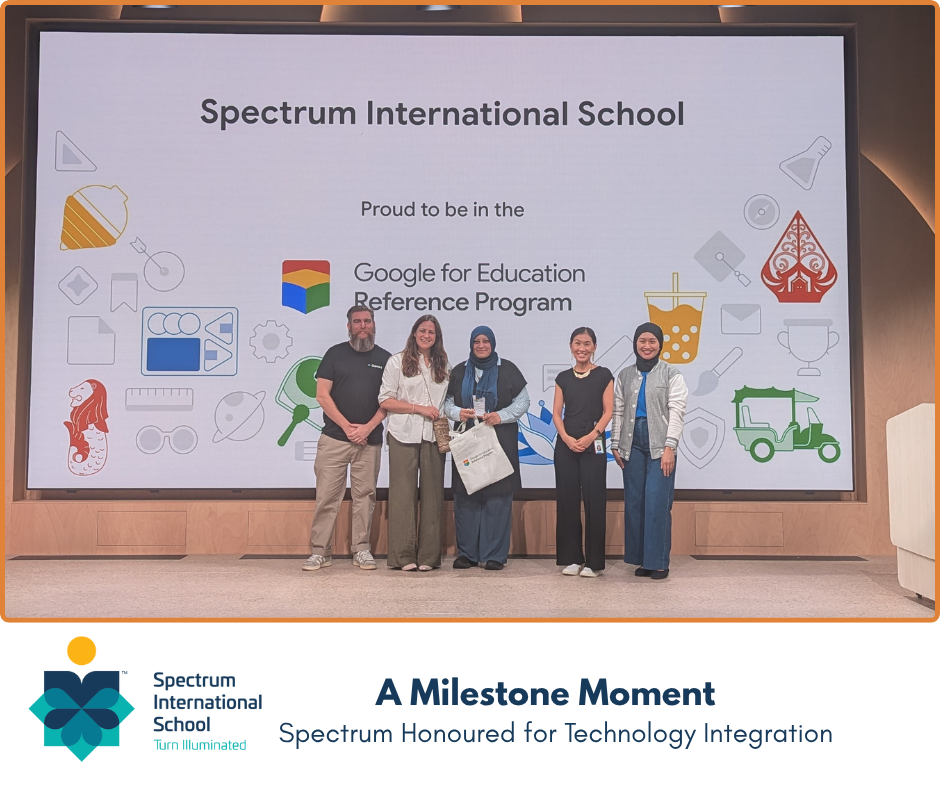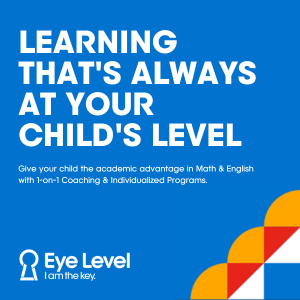
WHY ARE THE PRESCHOOL YEARS SO IMPORTANT?
If giving a child an education is like building a house, then the preschool years are synonymous with the foundation for that house. Build a poor foundation and your house – no matter how beautiful – will crumble under the test of the elements. I believe that a lot of the learning problems that children experience in the later years of school are due to a poor foundation during their early years.
THE FIRST 2,000 DAYS
 The First 2,000 Days was a concept coined by Patricia Kuhl when she was studying the linguistic genius of babies. More than the development of language, the first 2,000 days are our opportunity to provide our children with the right environment that will enhance their development. It is a point highlighted over and over by other experts in early childhood education, including Maria Montessori, Glenn Doman, and Makoto Shichida.
The First 2,000 Days was a concept coined by Patricia Kuhl when she was studying the linguistic genius of babies. More than the development of language, the first 2,000 days are our opportunity to provide our children with the right environment that will enhance their development. It is a point highlighted over and over by other experts in early childhood education, including Maria Montessori, Glenn Doman, and Makoto Shichida.
A baby is born with 100 billion brain cells with little to no connections. Connections between the brain cells form rapidly based on a child’s experiences. Experiences that will help your child build these connections are a rich environment of stimuli – lots of face-to-face time with important people in your child’s life; the sound of your voice reading stories, singing, talking; a chance to move, wriggle, crawl, and explore everything around them; sensory stimulation like smells, textures, flavors, colors and sounds. Anything and everything you do with your baby in these first few years will be meaningful – but the opportunities must be provided…
And it must be repeated because the brain operates according to a brutal “use it or lose it” philosophy. Only the connections that are repeatedly stimulated will be deemed important and kept. Those that aren’t used enough are cut off.
SENSITIVE PERIODS AND WINDOWS OF OPPORTUNITY
There exists certain “sensitive periods Maria Montessori called them) or “windows of opportunity” (as TIME magazine called them) when the learning seems as effortless as breathing. These sensitive periods of learning are greatest during the first 2,000 days – they rapidly diminish after that. The learning potential in our children is greatest during a period of time that many think is not important and yet so much is happening – children are learning to talk, to walk, to jump, to run, to read, to count, to draw – and they’re doing all of this concurrently. While they’re learning all this, they’re also learning the strange and vague rules of the world – like why you can throw a ball but not an orange, why you can jump on a trampoline but not on Mum’s bed, why you can put shapes through the holes of a shape sorter but not into a hole in Dad’s sound system speaker, why you can hang off the monkey bars in a playground but not off the refrigerator door, you can poke holes in a piece of paper but not the leather of the dining chairs.
 Scientists now believe that to achieve the precision of the mature brain, stimulation in the form of movement and sensory experiences during the early developing years is necessary (Greenough & Black, 1992; Shatz, 1992). Experience appears to exert its effects by strengthening and bonding synapses, which are the connections that are made between neurons. Connections that are not made by activity, or are weak, are “pruned away,” much like the pruning of dead or weak branches of a tree. If the neurons are used, they become integrated into the circuitry of the brain. – Early Childhood News
Scientists now believe that to achieve the precision of the mature brain, stimulation in the form of movement and sensory experiences during the early developing years is necessary (Greenough & Black, 1992; Shatz, 1992). Experience appears to exert its effects by strengthening and bonding synapses, which are the connections that are made between neurons. Connections that are not made by activity, or are weak, are “pruned away,” much like the pruning of dead or weak branches of a tree. If the neurons are used, they become integrated into the circuitry of the brain. – Early Childhood NewsWHAT HAPPENS WHEN YOU MISS THE SENSITIVE PERIOD?
Although some of these windows of opportunity never completely close, the effort required to learn becomes much greater in the later years. If we know that learning is easiest during these sensitive periods, why would we want to wait until our children are older and when the learning becomes much harder?
IN A CHANGING WORLD…
 There is also another concern emerging that our children may be missing out on opportunities to develop fully because of the changing demands of our society today. For instance, when infants are restrained in safety seats that serve to protect them, they are restricted from free movement that facilitate brain development; when children aren’t allowed to play at the park without a supervising adult because the neighborhood isn’t safe, they are losing opportunities for free play in nature. In fact, one of most significant deficiencies in modern childhood is the opportunity for children to move because movement isn’t just good for a child’s brain development, it is vital.
There is also another concern emerging that our children may be missing out on opportunities to develop fully because of the changing demands of our society today. For instance, when infants are restrained in safety seats that serve to protect them, they are restricted from free movement that facilitate brain development; when children aren’t allowed to play at the park without a supervising adult because the neighborhood isn’t safe, they are losing opportunities for free play in nature. In fact, one of most significant deficiencies in modern childhood is the opportunity for children to move because movement isn’t just good for a child’s brain development, it is vital.
Movement is vital to life but we live in an age where movement – especially early movement is threatened. The opportunity to move is critical to the development of the brain. – IAHP
The restrictions of modern childhood that did not exist when we were children make it even more critical for parents to attend to the developmental needs of young children. We need to make sure our children are getting the opportunities they require to utilize these sensitive periods and optimize their development. It is no longer about giving our children a head start in life. We now know so much more about child development and how children learn that it would be criminal not to apply the knowledge we have gained.
This article was originally published on Figur8.net. You can read the original article here.













![[elc International School] NO SHORTCUTS: WHY THINKING STILL MATTERS](https://mint-edm.sgp1.digitaloceanspaces.com/production/XTvbqZxxQQxUHjyDcClxCortA5SxNs.png)




















